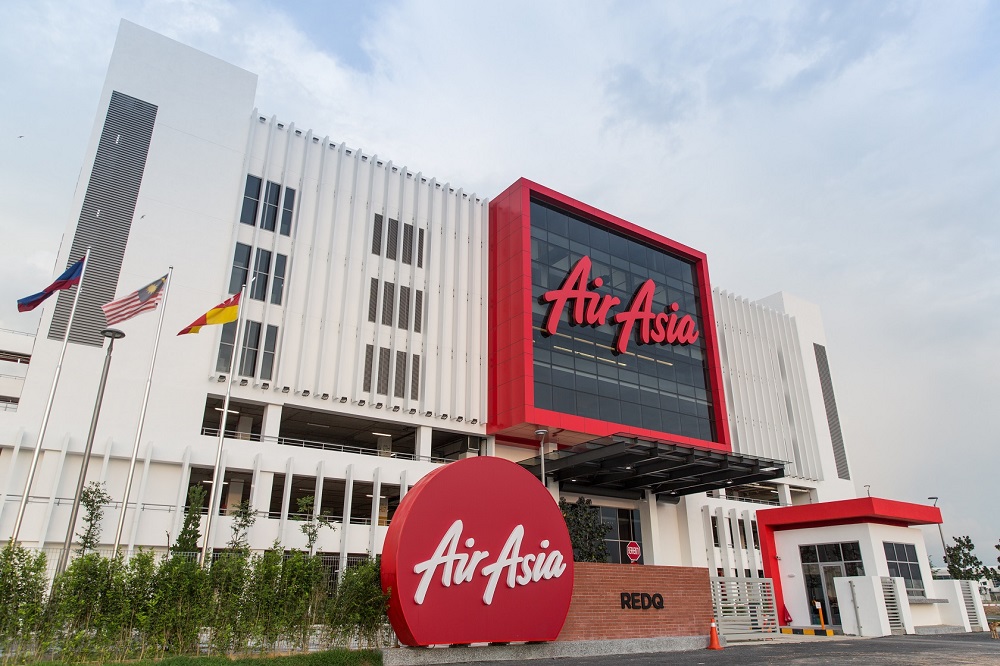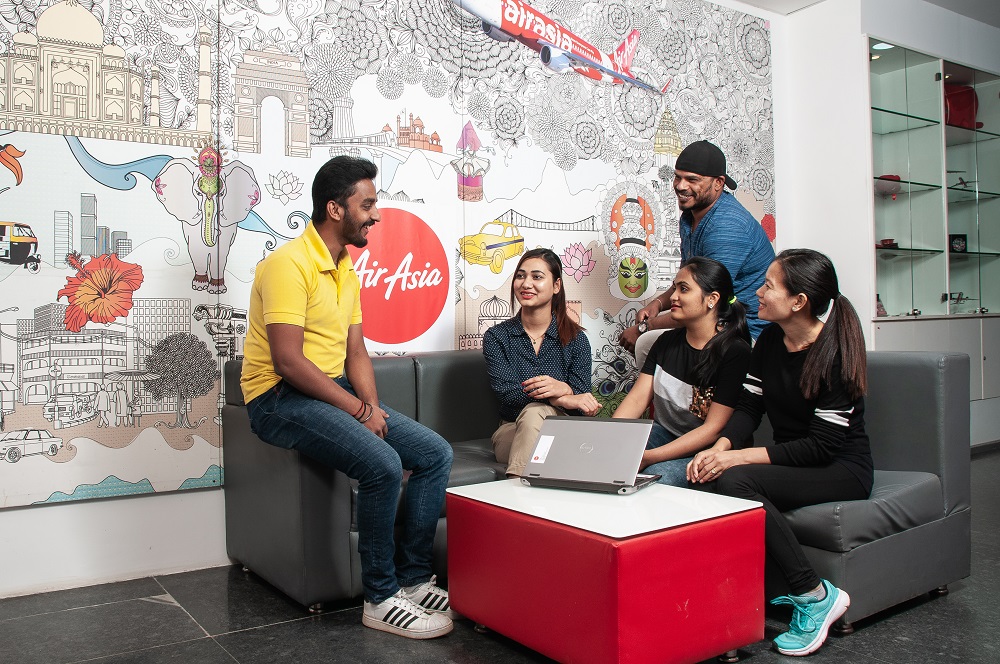Building both people and culture at AirAsia
- HRM Asia Newsroom

What are your HR focus areas at the moment?
We are putting a lot of effort into becoming more guest-centric. Our motto “We care and we make it easy” reminds us that in everything we do, we must ultimately be looking after the well-being of AirAsia’s Allstars (that’s what we call our employees) and simplifying their work lives as much as possible so they can focus on their jobs.
Our well-being programmes cover three important aspects of our Allstars’ lives: their personal finances, their physical health and their emotional state. So, for instance, our Allstars have access to financial education, free physiotherapy on-site, free emotional therapy sessions with trained counsellors and get subsidised meals at our cafeteria.
To make the lives of Allstars easier, People & Culture itself is undergoing a digital transformation. This isn’t simply about installing applications. We’re rethinking the way we do things from the perspective of our employees. And we’re making better use of data to get those insights.
Our digital strategy starts with having robust and secure data. This enables critical-systems automation, which establishes a strong foundation on which to build the right tools for each stage of the employee lifecycle.
For us, going digital means giving our Allstars the ability to do for themselves many of the things that the HR department used to do for them. We think of this as moving from “high touch” to “high tech-enabled high touch”! Self-service also helps us free-up our People & Culture teams to do more meaningful work and not just process requests.
Any transformation inevitably requires the reskilling of employees. Not only are the shape and needs of our organisation and talent changing dramatically, our external environment is changing rapidly too. This is significantly impacting on how work gets done. Reskilling is a key component of our talent strategy that keeps our talent aligned with our evolving business objectives.
To encourage reskilling, we make it easy for our Allstars by offering them personalised learning on almost any subject. This has three features. First, continuous learning helps Allstars learn anywhere anytime so they can address issues on the fly and respond to situations quickly. Second, micro-learning delivers short, bite-sized instruction and knowledge. Third, social learning makes it a collaborative and competitive activity.
How would you describe AirAsia’s culture?
Our unique culture started from our founders Tony Fernandes and Datuk Kamarudin Meranun. They believed in the vision that everyone should have equal opportunity, whether to fly or to dream of a new career.
At AirAsia, we don’t just look at skills or experience. We also look for people who are able to live and breathe our values with passion. Race, religion, gender and age don’t matter to us.
Our culture is also about having and believing in a clear mission. “Now Everyone Can Fly” is what inspires us and it is what we actually do. It drives us to be low cost in everything we do so that we can offer the best value fares to our guests.
No strong culture is without a set of clear values. Ours breaks from tradition. We ask “Why not” rather than “Why”.
How does the people-first approach manifest in the everyday running of the company?
AirAsia has always been about its people. Without our Allstars, there would be no AirAsia. There are 23,000 Allstars and each one of them has made a difference to our business.
Our people are important and they come first. We believe that if we take care of our people, they will take care of our guests; revenue and profits are then a natural outcome that we can reinvest back in our people and our business. That’s why we are so passionate about taking care of their physical, emotional and financial well-being.
Being people first means our management team is accessible. Management walks around to get to know people at all levels. We don’t have separate rooms for senior people. If people want to see anyone in the company, including Tony, Datuk Kamarudin and other senior leaders, they can go straight to their desk. There are no doors or walls. We are truly a boundary-less organisation.
We strive to be inclusive. Our diverse workforce consists of over 60 nationalities. When we are in a mixed group, we speak English so that no one feels left out. We don’t call each other “sir” or “mister”; we use first names. And, so long as it’s not offensive, non-uniformed Allstars can wear whatever they want to the office.







